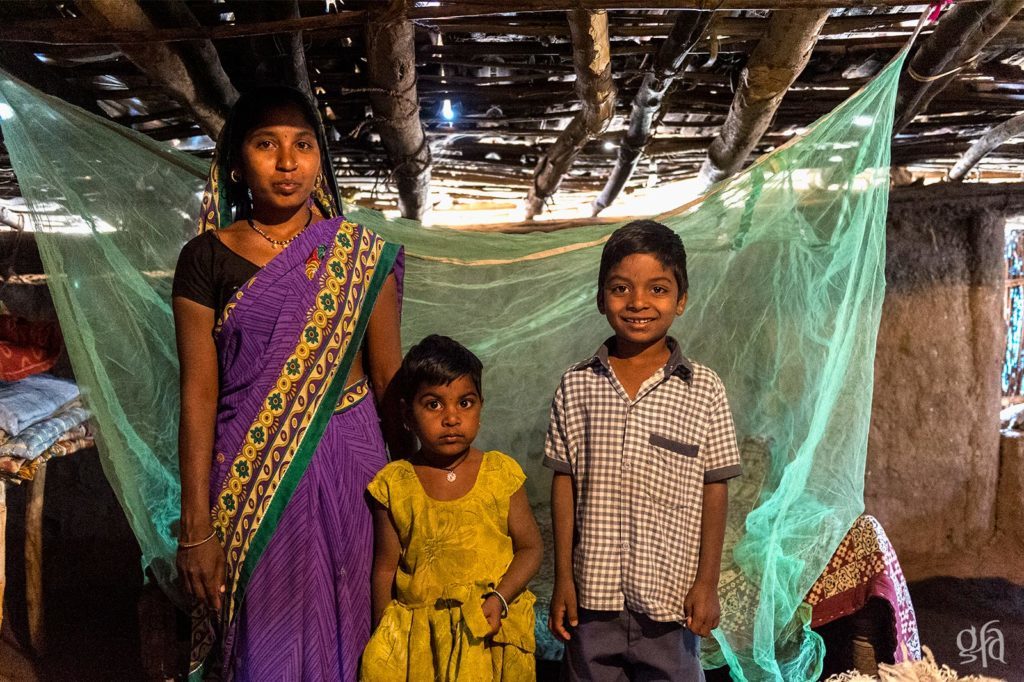WILLS POINT, TX – Is Malaria still a thing? Many assume malaria was eradicated more than 50 years ago, which is not bad considering that the disease was discovered in the last decade of the 19th century. If you are nodding your head and thinking the same thing, we would both be wrong on at least two counts.

First, malaria wasn’t discovered in the late 1800s. Historical records indicate that malaria has been around for centuries. It is the source of infection that was first determined about 125 years ago. Turns out, it is a parasite borne by some mosquitoes, particularly in warm, humid climates where mosquitoes can thrive.
Second, although five – that’s right, five – Nobel prizes were awarded for work related to the eradication of malaria between 1902 and 2015, the disease still affects millions today around the globe. That includes about 1,700 cases per year in the United States of America.
Technically, malaria has been eliminated in the U.S., but not eradicated. You see, elimination is not the same as eradication. According to the World Health Organization (WHO):
- “Elimination refers to the reduction to zero (or a very low defined target rate) or cases in a defined geographical area. Elimination requires continued measures to prevent re-establishment of disease transmission.”
- “Eradication refers to the complete and permanent worldwide reduction to zero new cases of the disease through deliberate efforts. If a disease has been eradicated, no further control measures are required.”
So, malaria has not been eradicated in many countries where it has been reported as “eliminated.”
In fact, WHO’s World Malaria Report 2018 indicated that there were an estimated 219 million cases of malaria reported worldwide in 2017. Data drawn from 87 countries indicates that there has been “no significant progress in reducing global malaria cases” in the most recent two-year reporting period.
Fifteen African and South Asian countries comprise nearly 80 percent of all reported malaria cases. Five countries (Nigeria, the Democratic Republic of the Congo, Mozambique, India and Uganda) account for about half of all malaria cases globally. Of that group, only India has seen progress. While the instances of malaria increased by more than half-a-million in each of the other four countries, India experienced 3 million fewer cases, a 24 percent decrease from the previous year.
Malaria is a non-communicable, vector-borne disease. WHO suggests that insecticide-treated mosquito nets and indoor residual spraying are the two most effective deterrents for controlling the spread of the disease.
Gospel for Asia (GFA) has taken this matter to heart as it helps the people of Asia who are mired in some of the world’s most complex issues of health, sanitation and poverty. In 2018 alone, Gospel for Asia (GFA) helped distribute 360,000 mosquito nets in the name of Jesus. That is 20 percent more than in the previous year.
Each of the mosquito nets was provided at no cost to people in need who would not have the financial resources to afford even what seems like the simplest of needs.
Is the need that difficult to understand? If you were in their position, which would be more important, spending what little you have to give your children a meager meal or making them go without (again) to be able to purchase a mosquito net.
Through your generous gifts, Gospel for Asia (GFA) has relieved tens of thousands of families from having to choose one critical need over another.
To us, it may be “just a mosquito net.” To them, it could be the difference between health and sickness, even life or death.
To read more news on Malaria on Missions Box, go here.
Sources:
- GFA Special Report, Fighting Malaria – A Chilling Disease
- World Vision, What is malaria? Facts, FAQs, and how to help
- Malaria No More, What Is Malaria?
- World Health Organization, World Malaria Report 2018
- World Health Organization, Malaria
- Do Something, 11 Facts about Malaria
- World Health Organization, Vaccine Safety Basics
Image Source:
- Gospel for Asia, Photo of the Day
For more information about this, click here.




